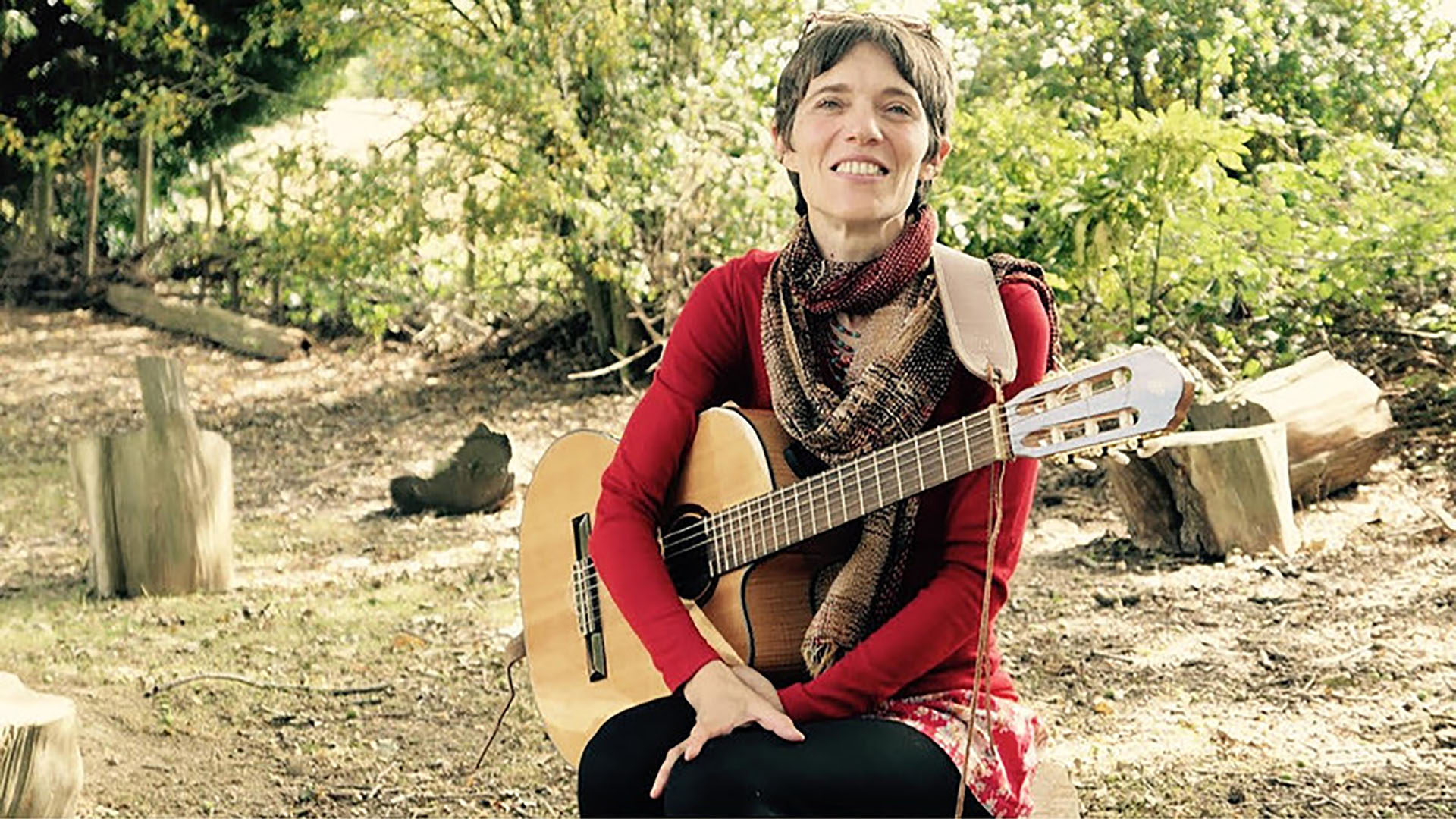From the outset, the deep, melancholy cello sets the scene. ‘A Poet to His Beloved’ – one of WB Yeats' best-loved poems, reflecting immeasurable respect and ‘Numberless Dreams’ for his beloved Maud Gonne, is interpreted by French artist Julie Abbé with remarkable sensitivity and reverence.
This is Abbé’s first dedicated folk album, featuring four of WB Yeats’ best loved poems set to her own music and voice. Beautiful, melodic, mesmerising interpretations of the great Irish bard.
The beautifully packaged twelve track album collates some of Abbé’s favourite Irish and English traditional folk songs, but it is the four Yeats poems that really stand out for me.
Of course, Abbé is not the first artist to set Yeats’ poems to music. The Waterboys’ Mike Scott and Donovan famously took that route before her. It was Donovan’s version of ‘The Song Of The Wandering Aengus’ that inspired her direction. This powerful poem rich in the ancient, Celtic tributes to nature, fire, water elements for which Yeats is widely known, his ventures into the magical worlds, the shamanic dreaming and journeying of poetic escapism, are enigmatically delivered in Abbé’s version.
Emotionally sincere and sensitive, Julie Abbé’s ‘Numberless Dreams’ is folk gold. She combines several popular traditional ballads such as ‘As I Roved Out’ and ‘Courting Is A Pleasure’ with one instrumental waltz, and the four poetic tributes.
Brought up in rural France, dancing and singing to the traditional Bal music of her native Poitou-Charentes region, she has spent the past twenty years immersed in the English and Irish folk traditions. The folk songs such as ‘Claudy Banks’, ‘Kellswater’ and ‘Flower Of Magherally’ reflect her lasting love affair for Ireland and its music and rhyme.
There are hints of Sandy Denny throughout and she says her version of ‘The Boatman’ was inspired by Denny.
Produced by Sid Goldsmith and featuring Dominie Hooper on cello and backing vocals, these beautifully crafted arrangements of English and Irish traditional songs are somewhat sublime, enriched with three-part harmonies and concertina.
The final two Yeats’ poems set to music are divinely interpreted.
(Come away, oh human child), hand in hand with the faeries of Yeats mind, for ‘the world’s more full of weeping than he can understand’
to the final track, Abbe’s version of Yeats’ ‘He Wishes For the Cloths of Heaven’ make this an album for any fan of folk, Yeats, or both.
There is a rich, artistic tapestry of thought, reflection, and integrity to this album. At times, simple on the surface, but masquerading a deep complexity of intention and understanding, Abbe delights in the natural world, and comes across as a deeply sensitive and talented artist.
